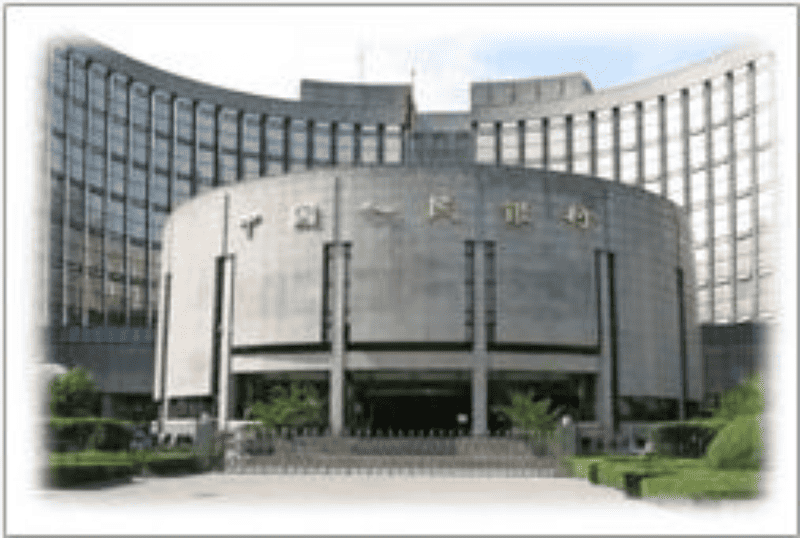Beijing's top central banker is retiring. With no successor named yet, the rumor mill starts churning.
Financial markets around the world are contemplating who might be named successor to People’s Bank of China (PBoC) governor Zhou Xiaochuan. Last year, the septuagenarian announced he would step down “soon,” and speculation has reached fever pitch now that Zhou’s retirement is imminent.
The PBoC operates more as a state council proxy than an independent central bank. Still, Zhou—the PBoC’s longest serving governor—deftly steered it away from central planning over his 15-year tenure. He was responsible for unpegging the yuan from the dollar in 2005 to pursue a strategy of internationalizing the yuan—a move that drew criticism after Beijing was forced to impose controls following capital flight in 2016.
Even seasoned China experts may yet be unprepared by a shock appointment. In the meantime, though, the focus is on Guo Shuqing and Jiang Chaoliang. Guo has been chairman of the China Banking Regulatory Commission for a just over a year, but his previous experience includes stints as China’s stock market regulator and as the central bank’s deputy governor.
Jiang is seen as a party loyalist. Appointed secretary of Hubei Province in 2016, he served at the PBoC as an assistant governor, as well as chairman of several state and private banks.
But Zhou’s legacy as a reformer who prevailed in a tightly controlled system adds to pressures facing the incoming governor. Towering levels of debt have cast a long shadow over China, and there are recent signs the economy is slowing.
“Zhou Xiaochuan is highly respected by financial markets, so whoever replaces him will have large shoes to fill,” says Chang Liu, China economist at Capital Economics.




